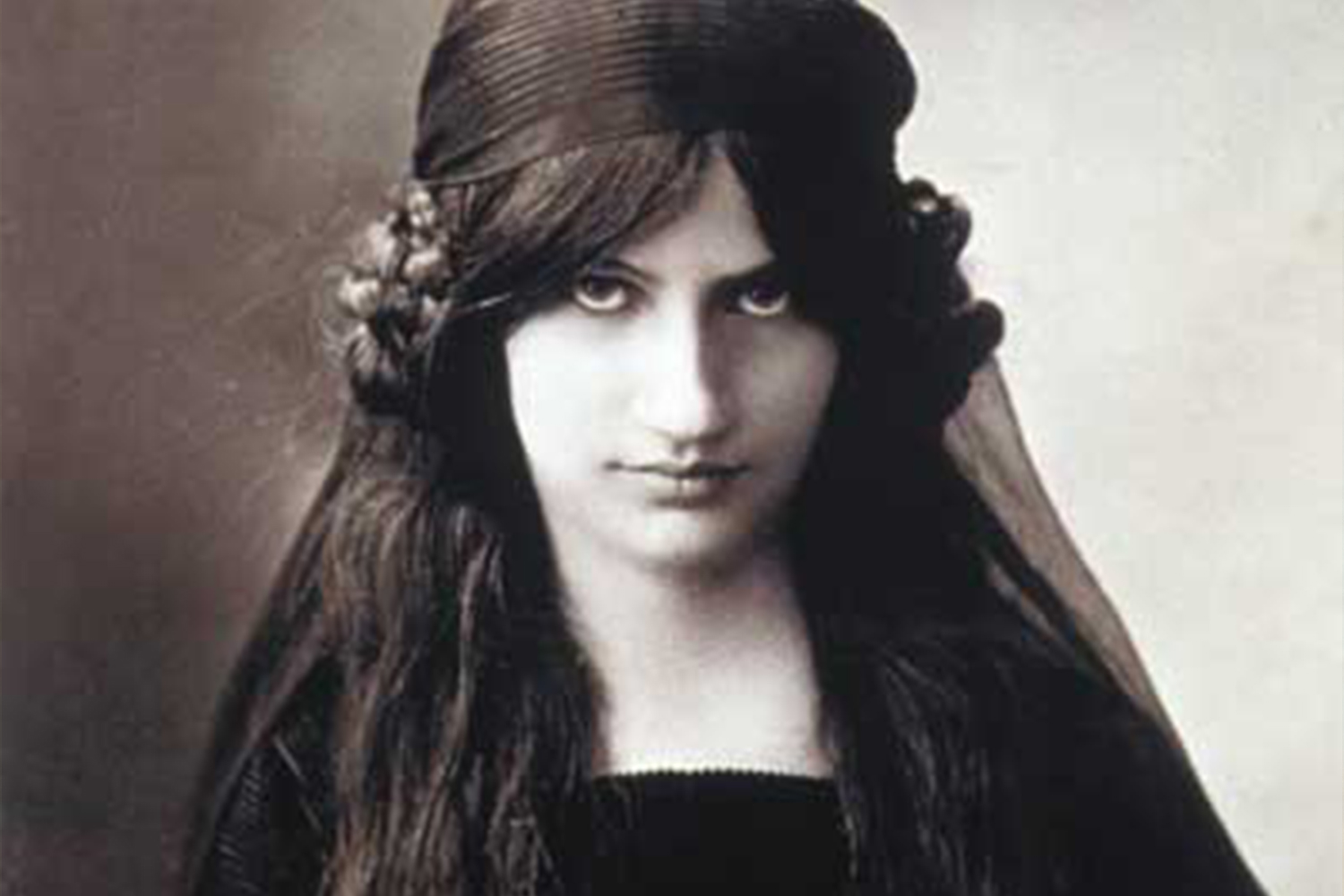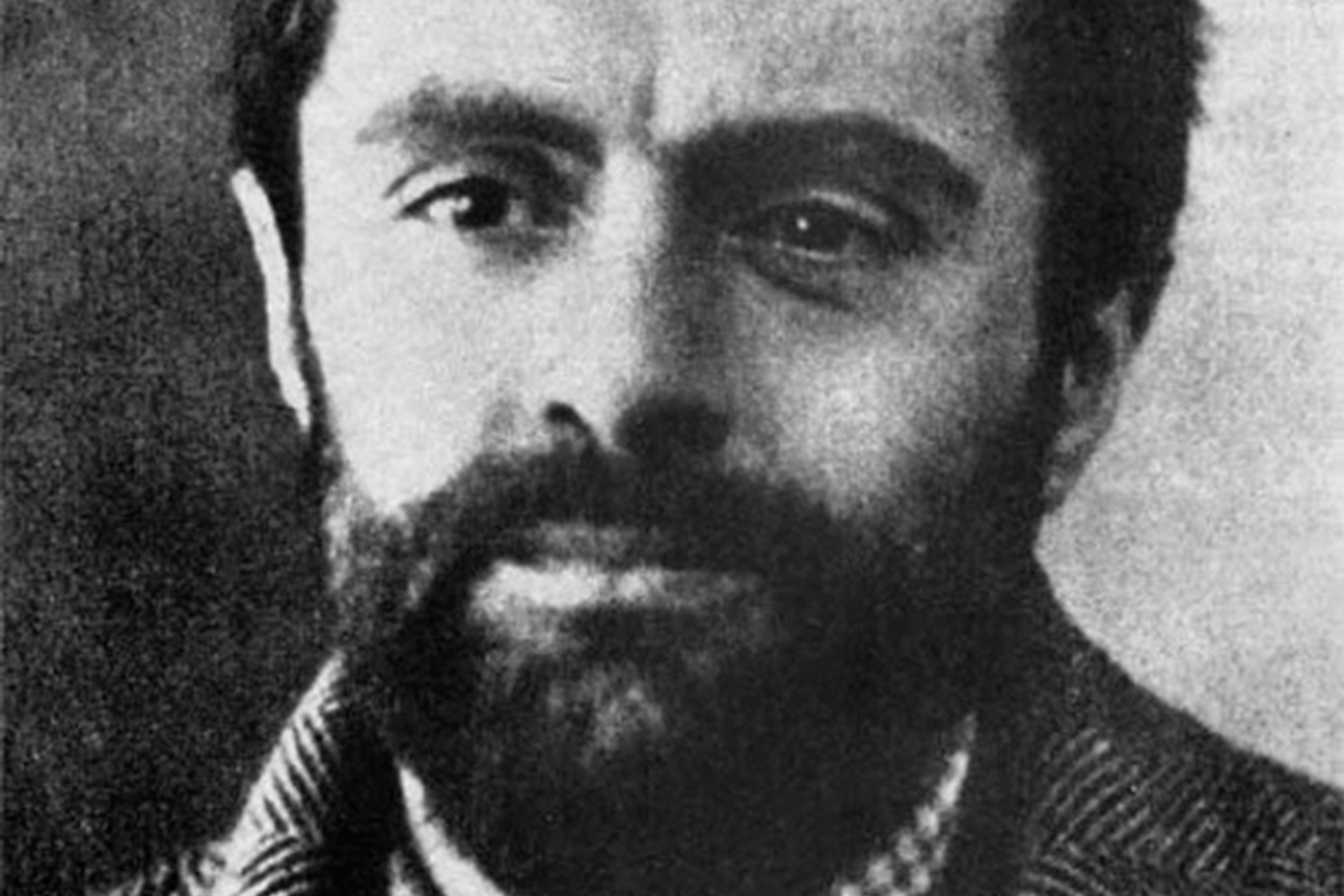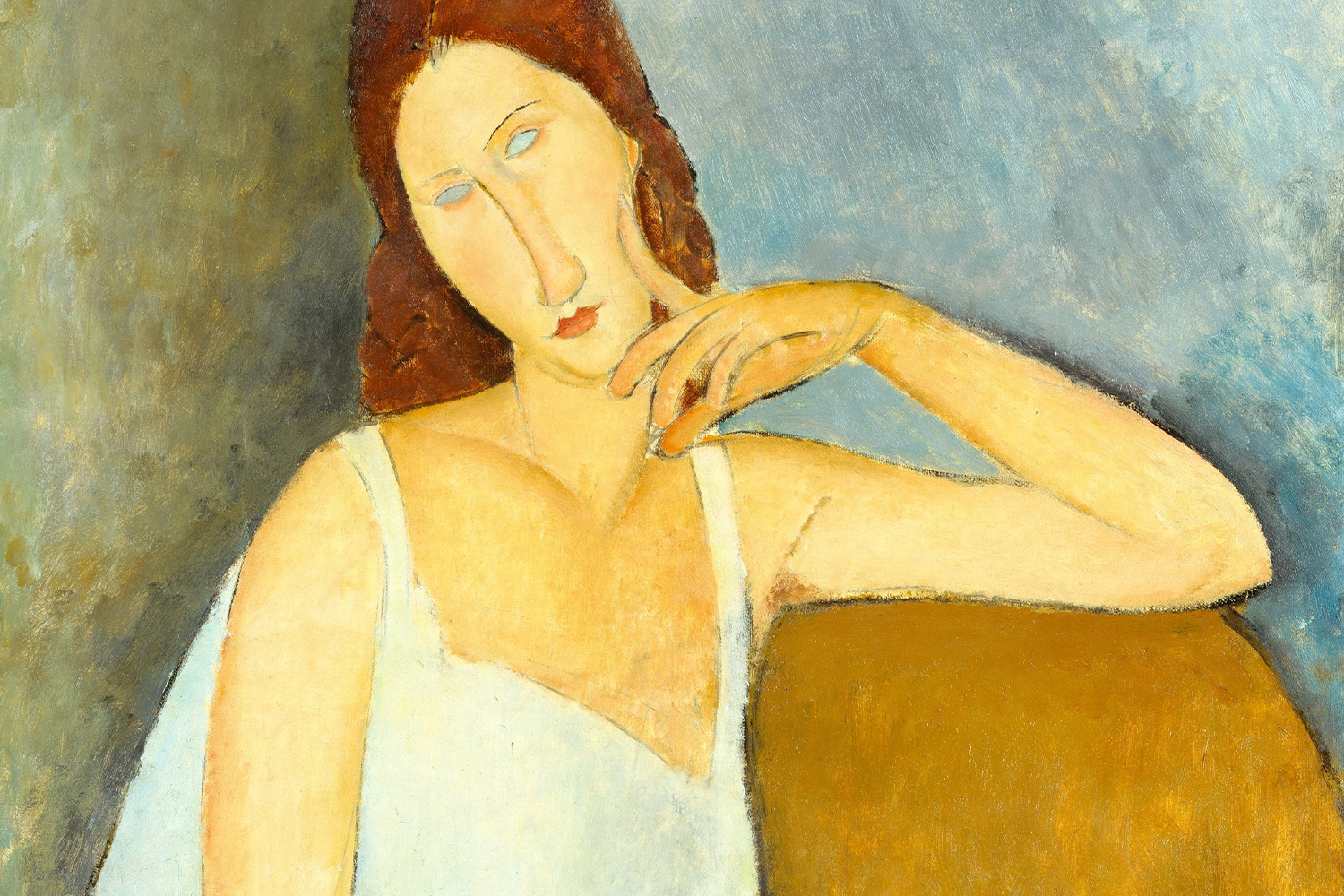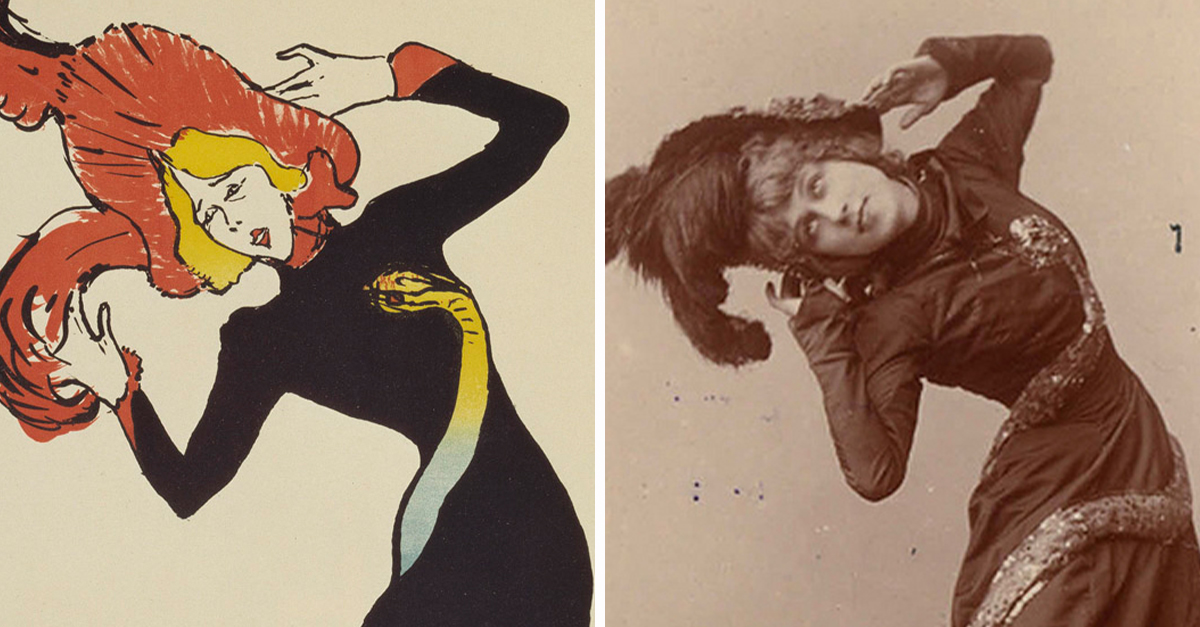Amedeo Modigliani is an Italian artist known for his surreal portraits—but behind some of these captivating works, there is a tragic story.
Meeting The Muse
In 1917, Modigliani met a muse that would follow him to his grave. 19-year-old Jeanne Hébuterne was an art student who hailed from a conservative background. Her dalliance with the debaucherous Modigliani enraged her Roman Catholic parents—but this didn’t stop her from moving in with him.
In an art studio on the Rue de la Grande Chaumière, Jeanne began posing for her artist lover, becoming his main subject. The very next year, she gave birth to a daughter. However, when Modigliani discovered his muse was pregnant again, he decided it was time to make her his wife—and this is where their story takes a dark turn.

Sign up to our newsletter.
History’s most fascinating stories and darkest secrets, delivered to your inbox daily. Making distraction rewarding since 2017.
A Love Story Interrupted
Jeanne’s parents completely rejected the proposed marriage, condemning Modigliani’s excessive use of substances and drinking. But surprisingly, this isn’t what destroyed the couple’s weddings plans. Heartbreakingly, Modigliani discovered that he had a serious type of tuberculosis—and his resulting deterioration was shocking and rapid.
In 1920, his neighbors realized that they had not heard from him for a while and decided to investigate. When they entered his apartment, they made a disturbing discovery. They found Modigliani—delirious and barely tethered to life—curled up in his bed and clutching his beloved Jeanne.
A Tragic End
The disease had led him to his final chapter and he passed not long after, leaving 21-year-old Jeanne alone and eight months pregnant. The day after she said goodbye, she moved back in with her parents—and that’s when she made a drastic decision. Completely heartbroken, Jeanne Hébuterne threw herself out of a fifth-floor window.
Modigliani and his muse share a tombstone—and their epitaphs match the scope of their tragedies. Modigliani’s reads, “Struck down by death at the moment of glory,” while Jeanne’s reads, “Devoted companion to the extreme sacrifice.”
Source: 1













